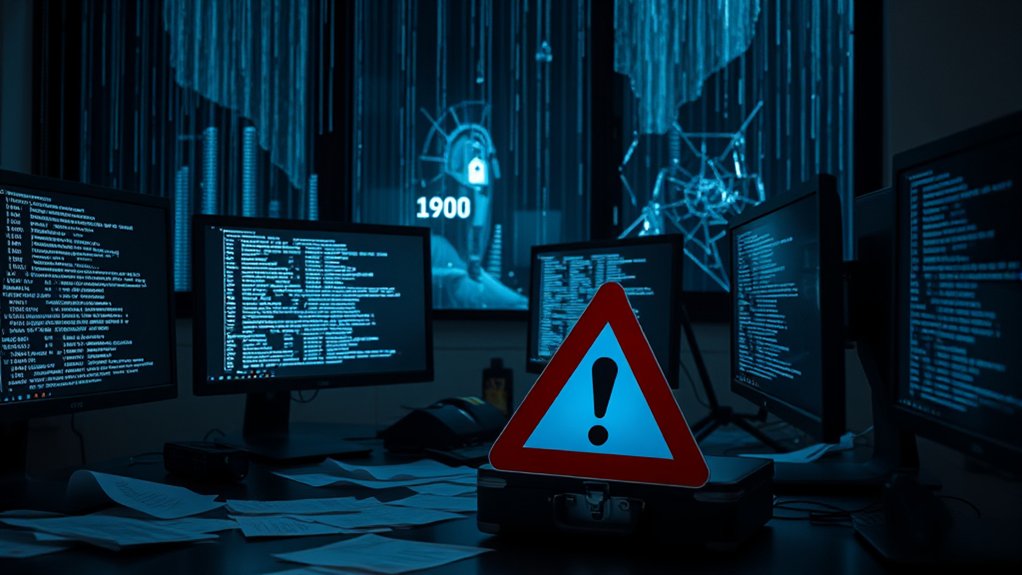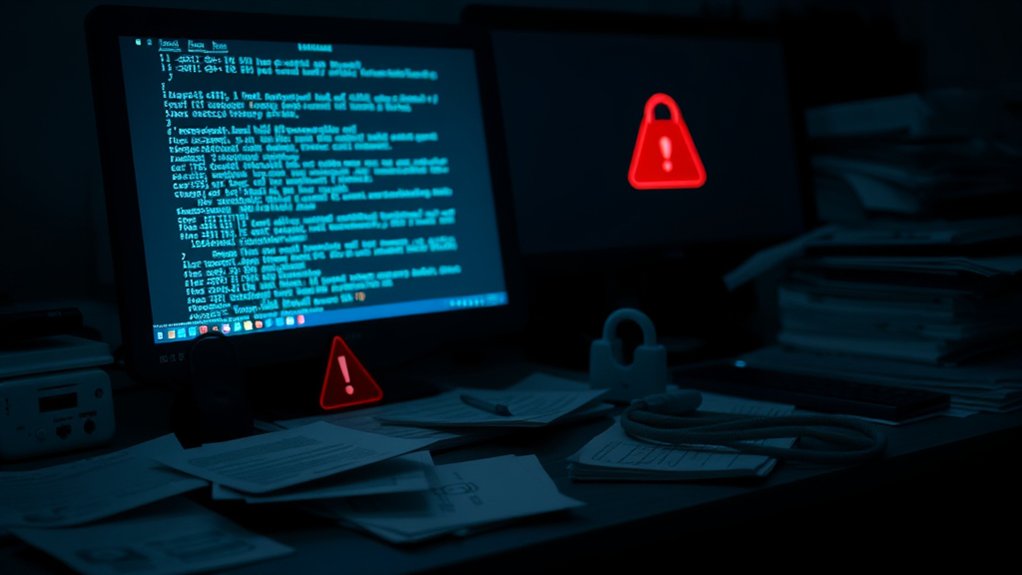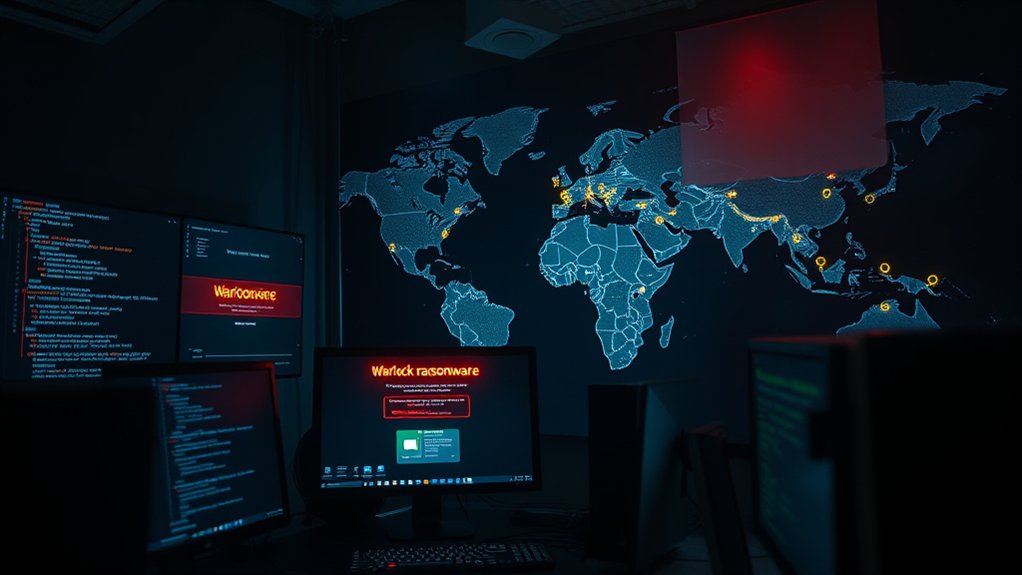The surge of ransomware attacks continues to pose significant threats to organizations worldwide, exemplified by a recent wave of incidents executed by the Play ransomware group. Active since June 2022, Play, known as Playcrypt, has increasingly advanced its operations, impacting approximately 600 organizations by June 2025.
This group has been particularly notorious for its double extortion model, wherein it encrypts systems and then threatens to leak sensitive data if a ransom is paid. Victims must contact the threat actors via email without the inclusion of an initial ransom demand, creating an unsettling dynamic for organizations under siege. Operating systems vulnerabilities account for over half of serious security risks, making them prime targets for ransomware groups.
Play has demonstrated a unique operational approach, favoring secrecy and using sophisticated tools such as PowerTool and SystemBC RAT, which assist in disabling security defenses. The use of these advanced tools signifies a shift in ransomware tactics, as Play has customized its operations based on target vulnerabilities, applying tailored strategies to improve the chances of successful extortion. Notably, one recent incident involved the attack on Globalcaja, a major Spanish bank, highlighting the group’s ability to reach large organizations.
As of May 2025, approximately 900 entities have been affected, showcasing the far-reaching global reach of the Play ransomware group across North America, South America, Europe, and even incidents in Australia that began in April 2023. With cybercrime evolving rapidly, it is essential to recognize that a ransomware attack occurs every 2 seconds by 2031, underscoring the urgency for organizations to enhance their cybersecurity measures.
The broader implications of these attacks extend to cybersecurity measures, urging organizations to prioritize vulnerability remediation, employ multifactor authentication, and conduct regular software updates. Recognizing the continuing threat posed by Play, cybersecurity experts stress the necessity for vulnerability assessments and adherence to guidelines released by authorities like CISA and the FBI.
These collaborative advisories aim to mitigate the impact and support organizations in countering the evolving ransomware environment.
The increasing sophistication of ransomware tactics demands better international cooperation among cybersecurity agencies and businesses. As ransomware groups like Play evolve, adapting their methodologies and tools, organizations must invest in thorough cybersecurity strategies to defend against this persistent threat, ensuring a coordinated global response is maintained.









